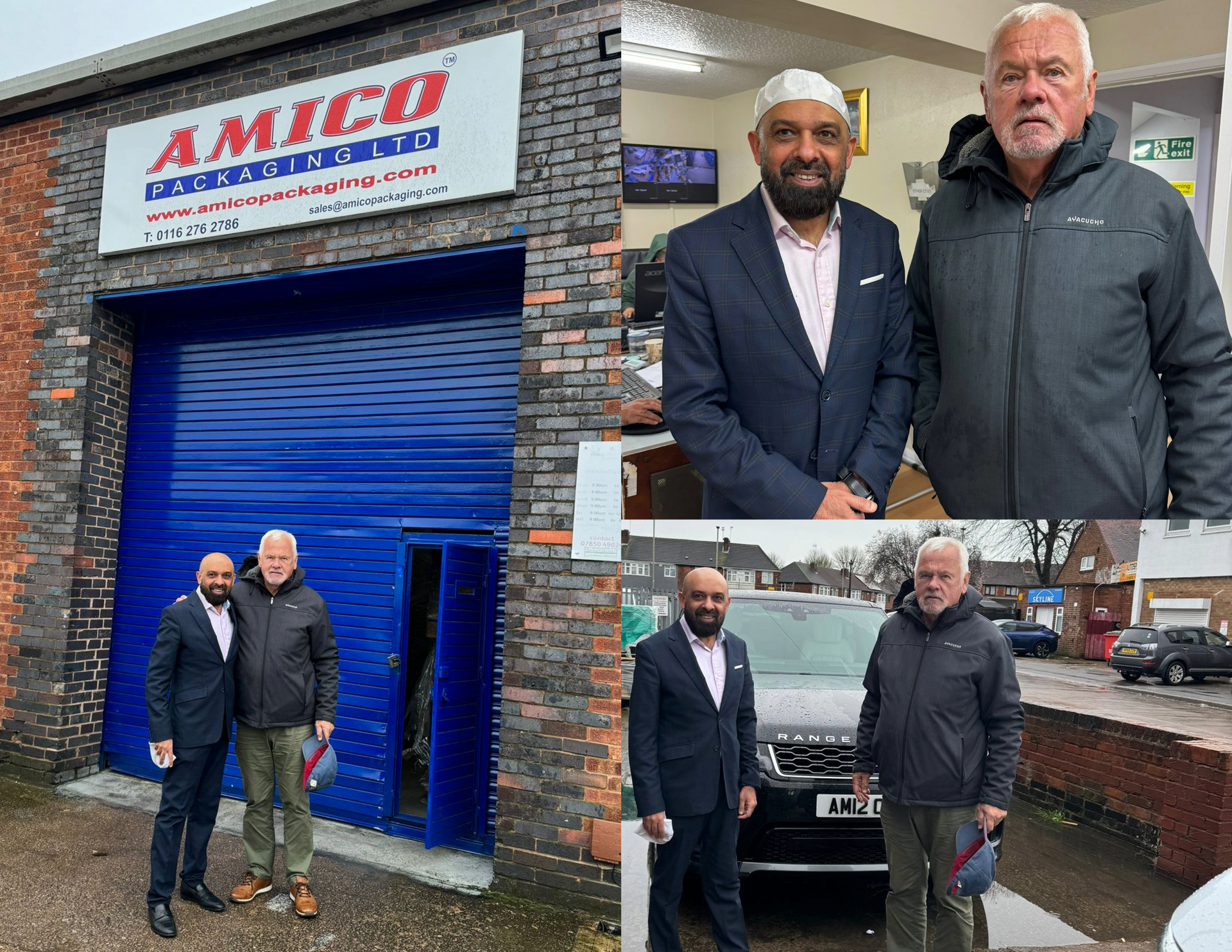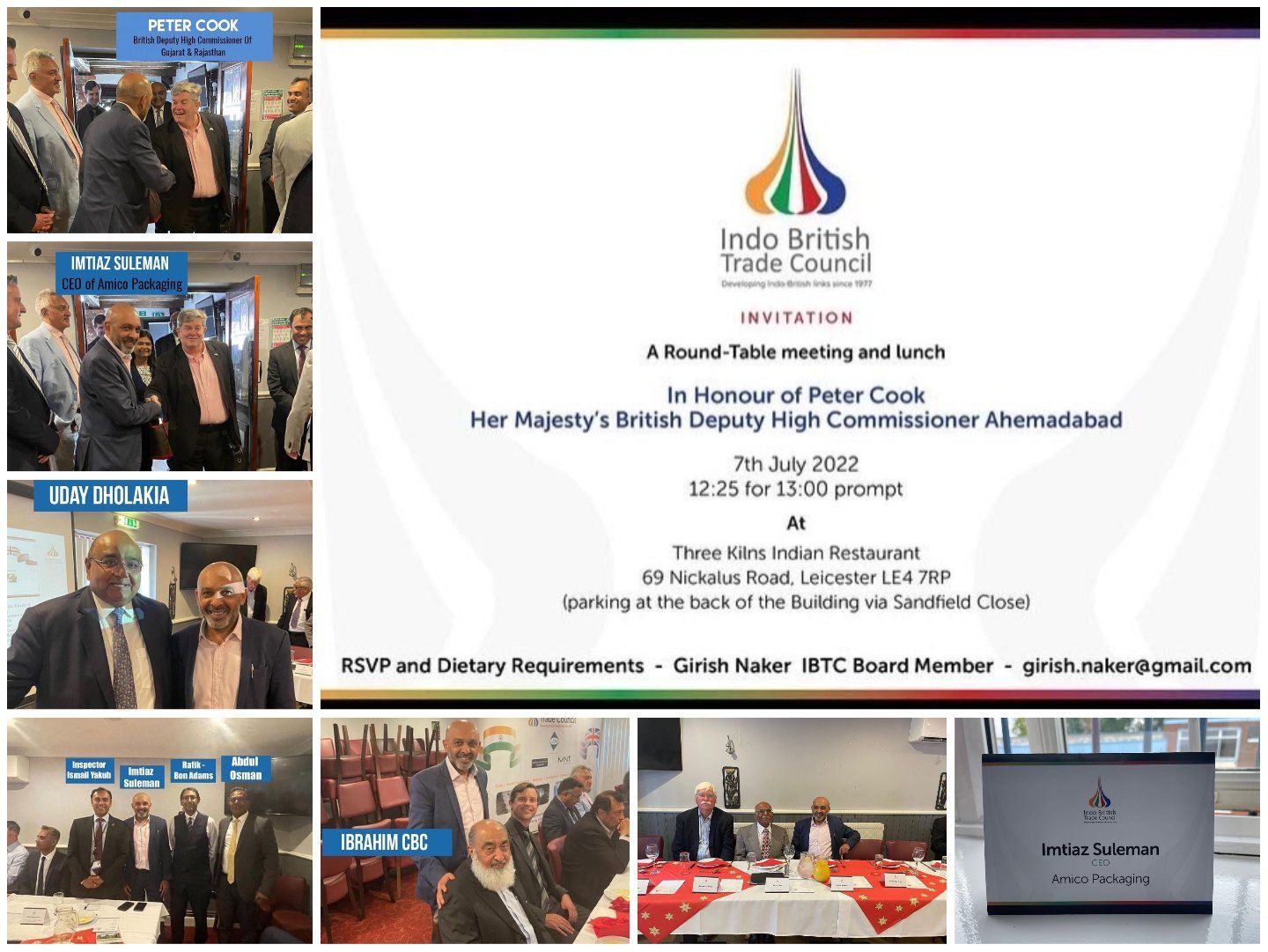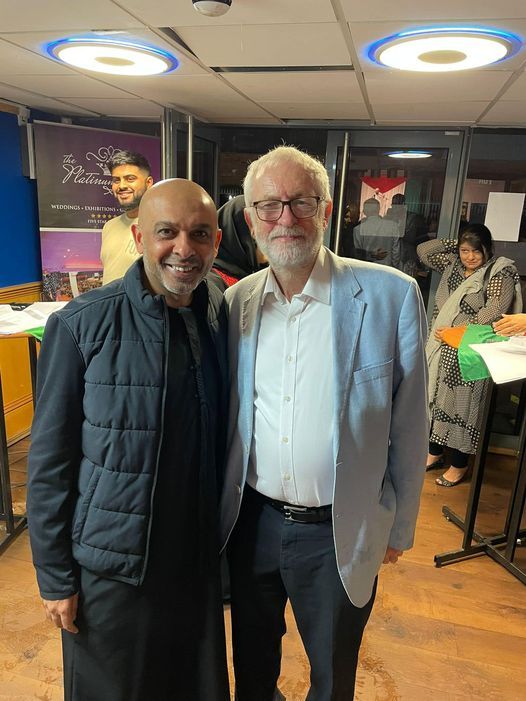23 July 2021
Every year, around one billion disposable coffee cups end up in landfill in separate countries. About 300 million of these, or one third of the national total, are disposed of. The average disposable coffee cup is used for 10–20 minutes. Disposable coffee cups are single use items. By their nature, they have very short life spans, especially considering the many resources such as energy, water and raw materials used to create and transport them. Avoid Consider a re-usable coffee cup campaign in your workplace. Step 1: to start with a baseline, look in your bins to count how many coffee cups your workplace throws away daily. Step 2: talk to staff and seek champions to help set a target and run your campaign. Step 3 : supply re-usable cups to staff. Tip: provide various options for staff to choose their preferred colour, style and size. Step 4 : ask staff to pledge to use their cup while having their photo taken with it. Post these photos to show that everyone is doing it. Step 5: evaluate and celebrate your successes: do a monthly audit of disposable cups to ensure the program maintains momentum. You could also consider: • Negotiating discounts on hot beverages at local caf é s for staff bringing re-usable cups • Using weekly email updates about re-usable cup usage with varied content, including how much waste is being reduced • A reminder sticker on computers for staff to take their re-usable cup with them when buying coffee. Reduce Consider supplying a plunger or percolator to consume beverages on-site. Re-use Retailers can introduce a discount when customers bring their own reusable coffee cup. Workplaces can introduce an incentive program for staff using reusable coffee cups. Workplaces could also provide a pool of re-usable cups available for staff use. This ensures there is a re-usable option when staff or guests don’t have their own cups. Recycle Some disposable coffee cups can be turned into useful items such as re-usable cups, furniture, car park bumpers and storage crates. However, because of the range of different materials used to make them, disposable coffee cups cannot be recycled through the standard yellow recycling bin. To recycle your disposable cup, you can organise a recycling collection. Check with a recycling service provider for the minimum volume needed. Alternatively, you can take disposable coffee cups to a local business that already has a coffee cup collection program in place. What is a disposable coffee cup made from? There is a variety of disposable coffee cups available. Generally, disposable cups have three main components: 1 . Cup – Most cups are made from virgin wood fibre. 2 . Cup lining – The inside of paperboard cups is coated with a polymer lining to provide a waterproof barrier and structural integrity. It is estimated that up to 98% of the disposable coffee cups used in Australia are lined with Low Density Polyethylene (LDPE). 3 . Lids – Cup lids are usually made from High Impact Polystyrene (HIPS). HIPS carries the plastics identification code #6 and is recyclable if it is separated and sent to a separate plastic collection system. Given the composition of disposable coffee cups, there has been some confusion regarding their recyclability. Disposable coffee cups can’t go into a co-mingled recycling bin as existing paper recycling equipment cannot easily separate paper fibres from the polymer lining. Cups in the yellow recycling bin are often rejected as contaminated waste once they reach materials recovery facilities or paper mills, and subsequently land-filled . For buying quality coffee cups visit here





